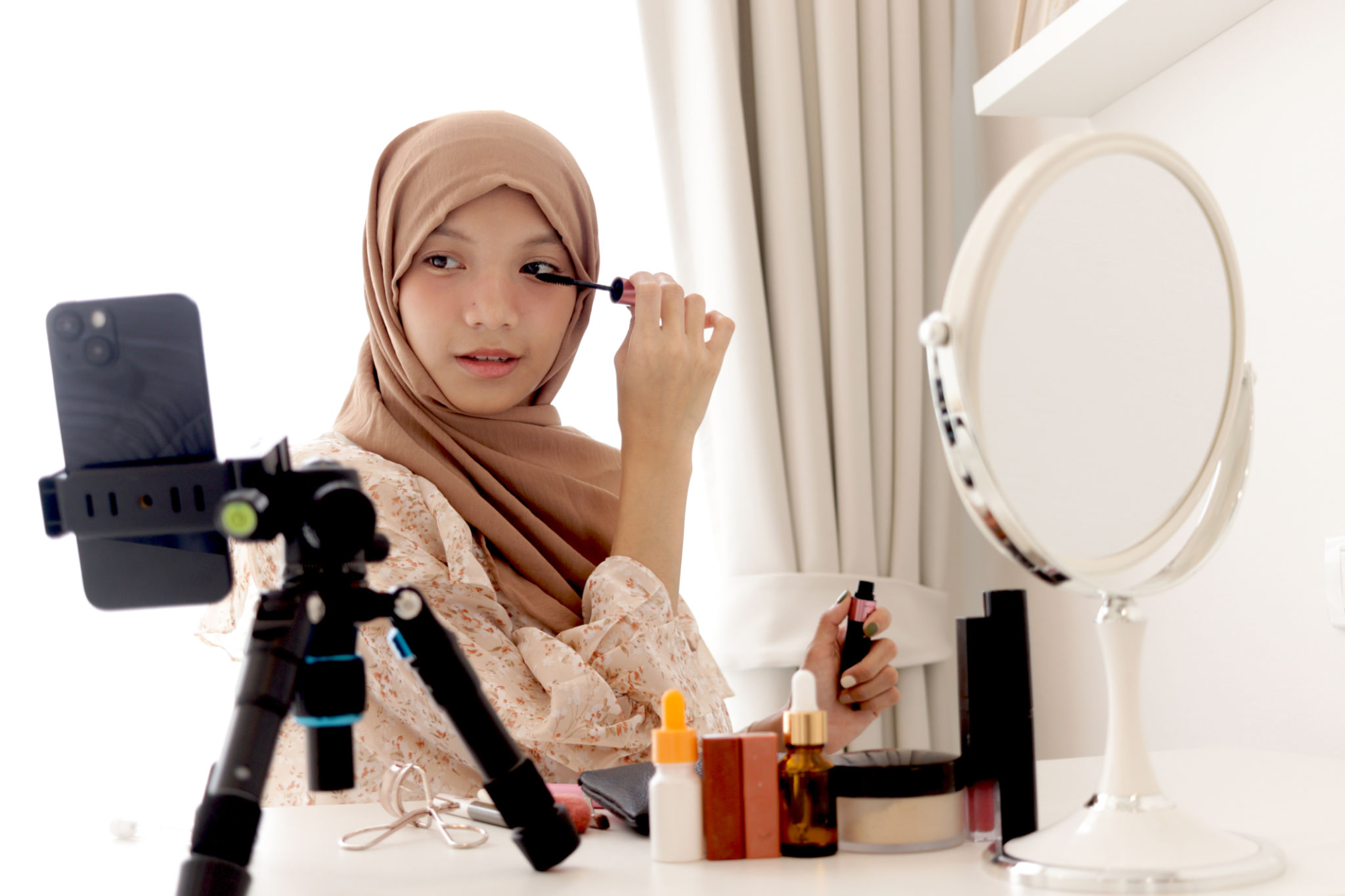Industry Trends in Beauty Marketing: What's Shaping the Future
Embracing Personalization in Beauty Marketing
The beauty industry is undergoing a significant transformation, driven by the increasing demand for personalized experiences. Brands are now leveraging data and technology to offer tailored solutions that cater to individual preferences and skin types. This shift towards personalization is not just a trend but a necessity as consumers seek products that resonate with their unique needs and lifestyles.
One of the primary drivers behind this trend is the use of artificial intelligence (AI) and machine learning. These technologies help brands analyze data and predict consumer behavior, enabling them to create customized marketing strategies. From personalized skincare regimens to bespoke cosmetic products, the possibilities are endless.

The Rise of Sustainable and Ethical Beauty
As consumers become more environmentally conscious, the demand for sustainable and ethical beauty products continues to rise. Brands are now prioritizing eco-friendly packaging, cruelty-free testing, and sourcing ingredients responsibly. This shift is not just about meeting consumer expectations but also about contributing to a healthier planet.
Many companies are adopting practices that reduce waste and minimize their carbon footprint. This includes using recyclable materials, reducing water usage in production, and ensuring transparency in their supply chains. For consumers, choosing sustainable options has become an integral part of their purchasing decision-making process.

The Influence of Social Media on Beauty Trends
Social media platforms continue to play a pivotal role in shaping beauty trends. Influencers and beauty bloggers have immense power to sway consumer opinions and introduce new products to the market. Platforms like Instagram, TikTok, and YouTube are not only spaces for showcasing products but also for educating audiences on beauty routines and tips.
Brands are increasingly collaborating with influencers to reach broader audiences and build credibility. This strategy allows them to tap into the influencers' loyal follower base, creating authentic connections with potential customers. As social media evolves, so too will the strategies that brands use to engage with their audiences.

Technological Innovations in Beauty Products
Technological advancements are revolutionizing beauty products, making them more effective and user-friendly. From smart skincare devices to virtual try-on tools, technology is enhancing the consumer experience in unprecedented ways. These innovations allow customers to experiment with products before purchasing, reducing the likelihood of dissatisfaction.
For instance, augmented reality (AR) technology enables users to visualize how makeup products will look on their faces without physically applying them. This not only enhances the shopping experience but also empowers consumers to make informed decisions.

The Impact of Globalization on Beauty Marketing
Globalization is broadening the horizons of beauty marketing, allowing brands to reach audiences across different cultures and regions. This has led to a more diverse representation in product offerings and marketing campaigns, as brands recognize the importance of inclusivity and cultural sensitivity.
Consumers today expect to see themselves reflected in the brands they support. As a result, companies are creating products that cater to a wide range of skin tones, hair types, and cultural preferences. This inclusive approach not only broadens the customer base but also fosters brand loyalty among diverse demographics.
